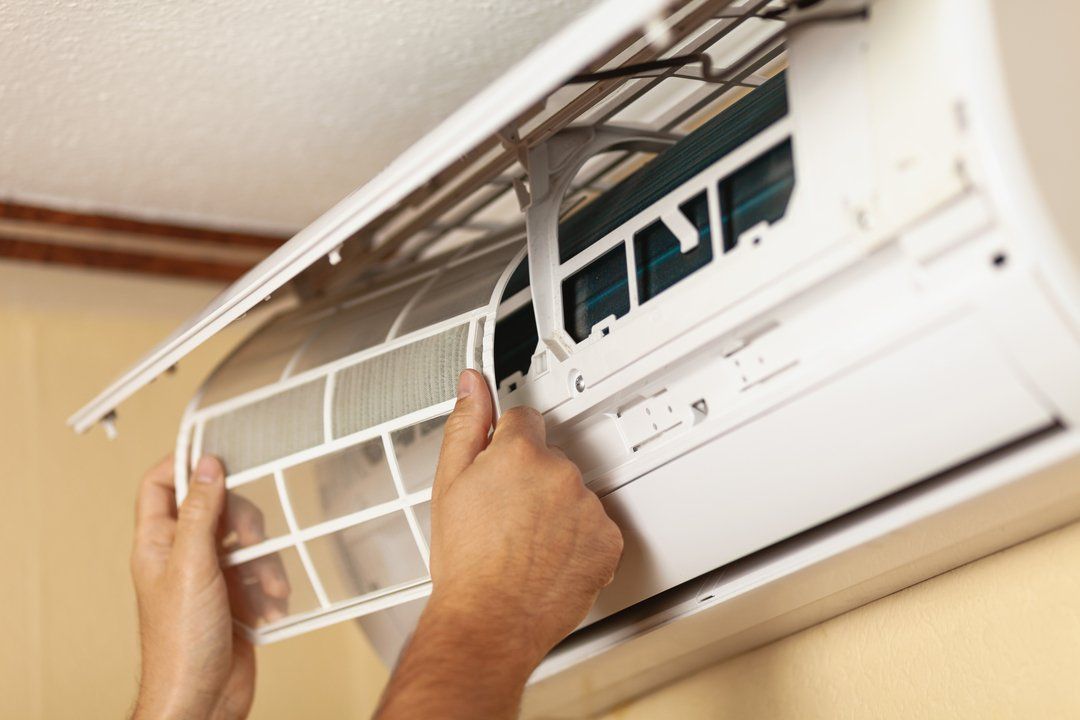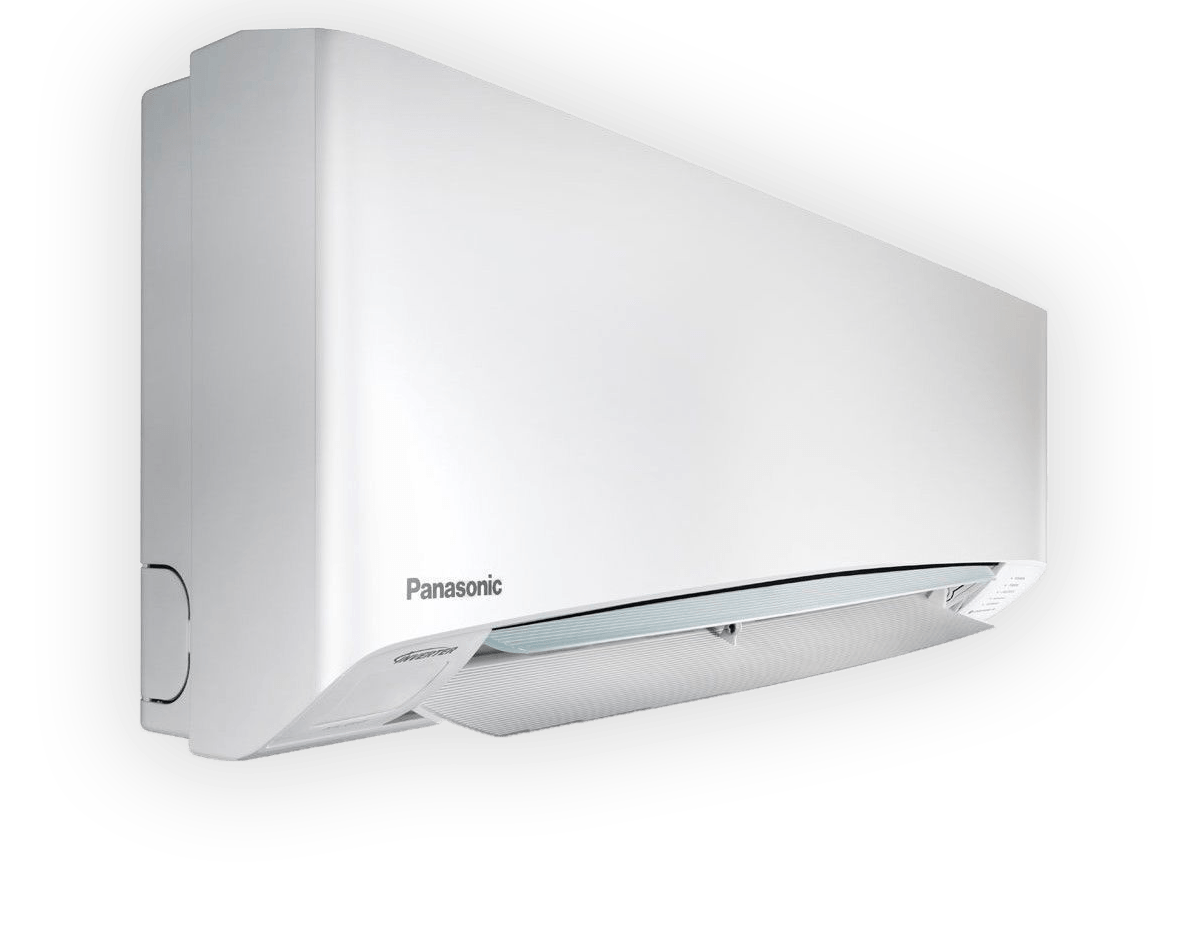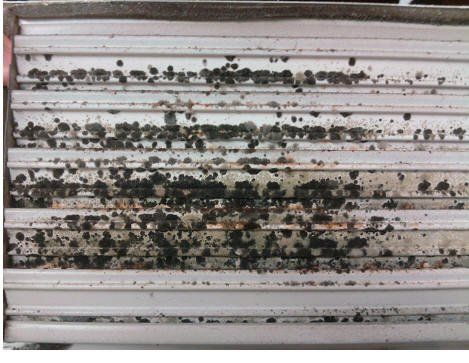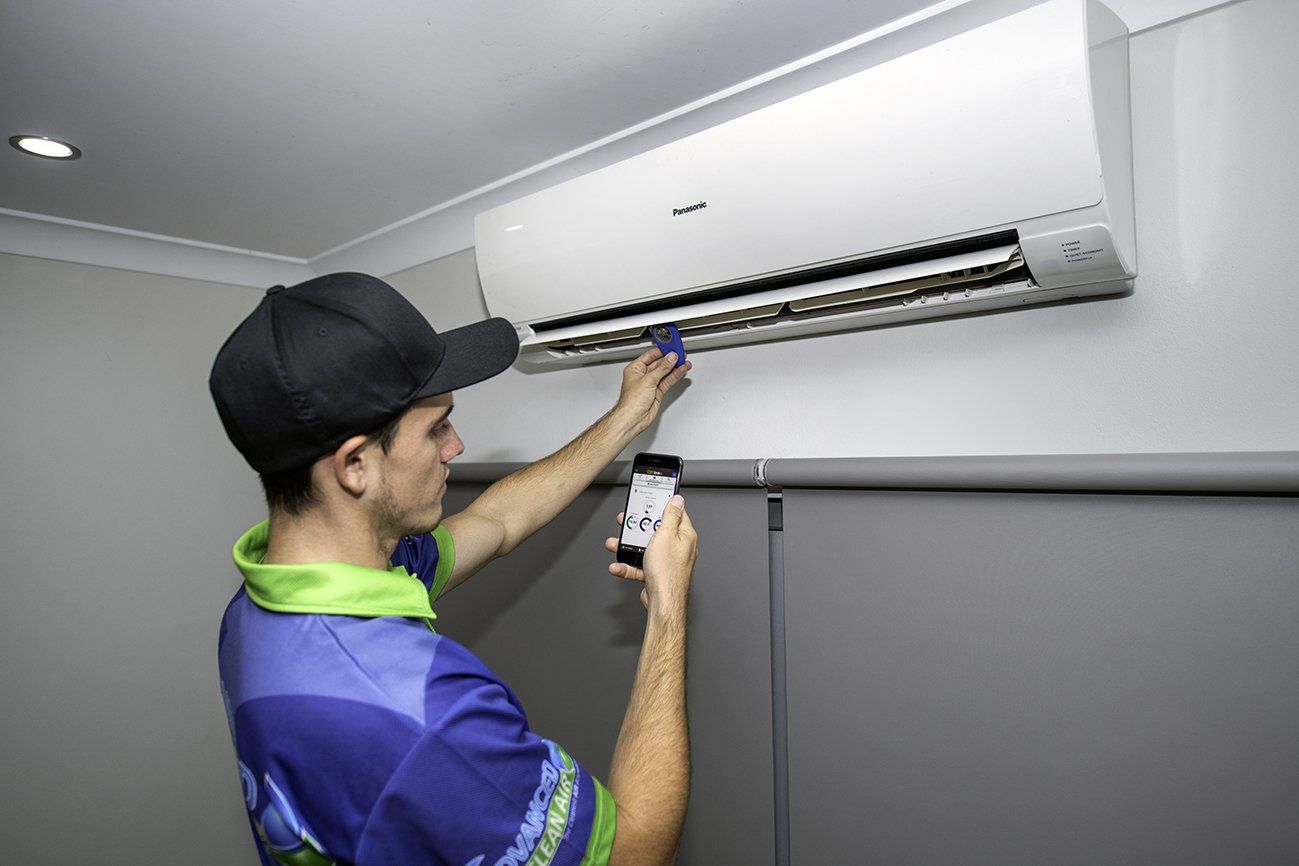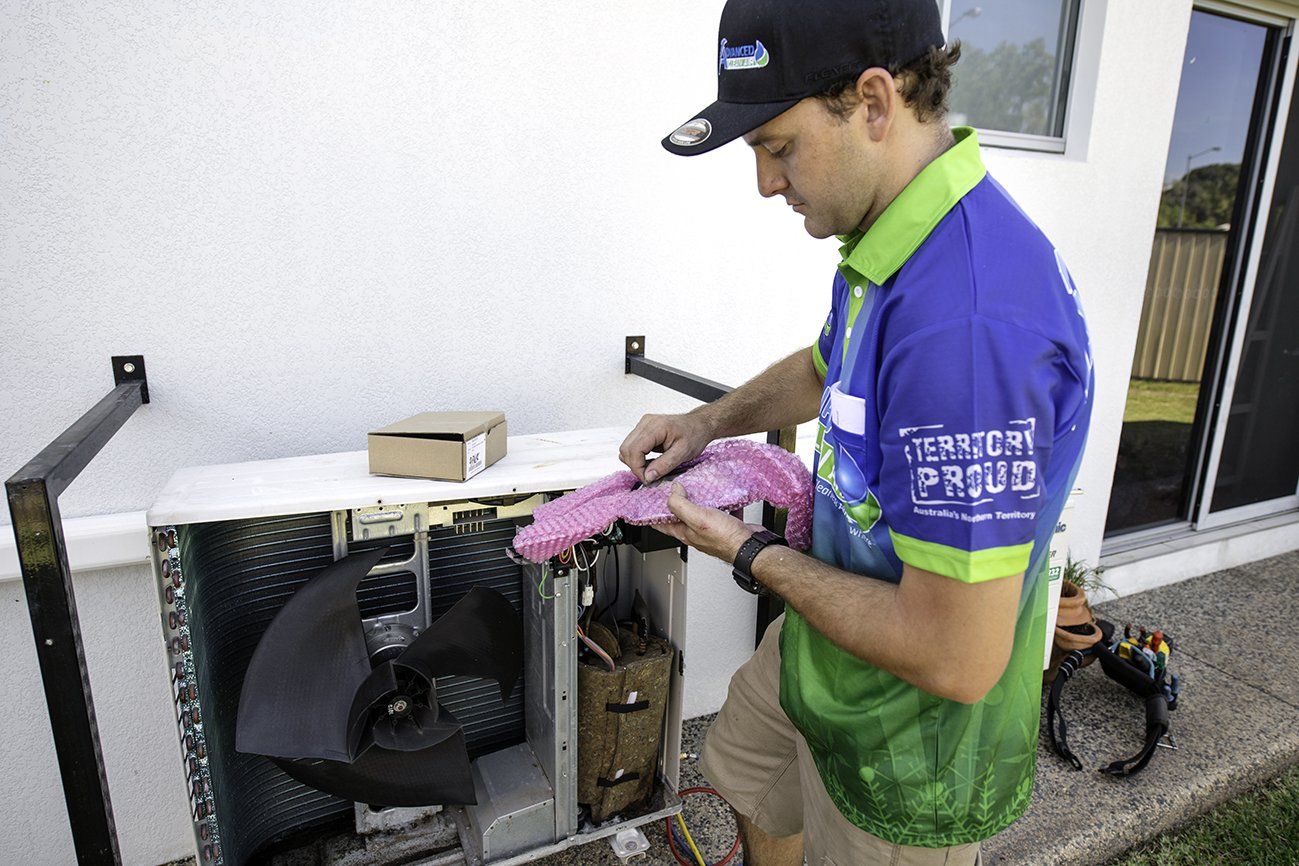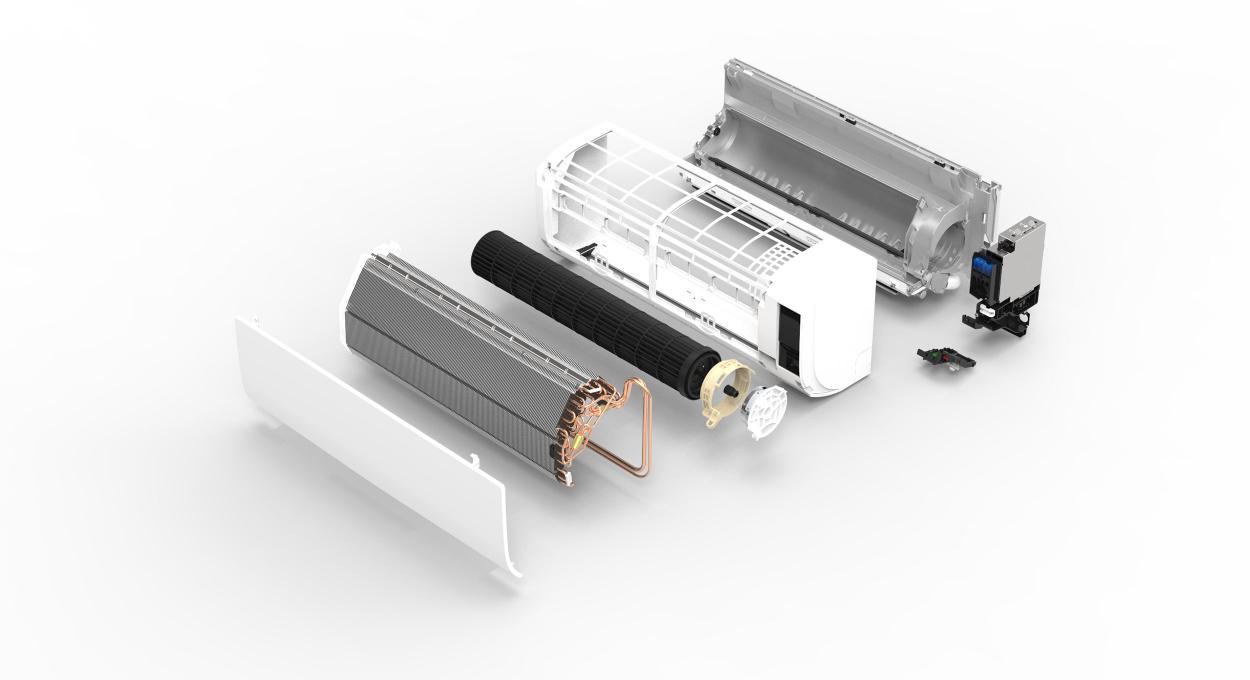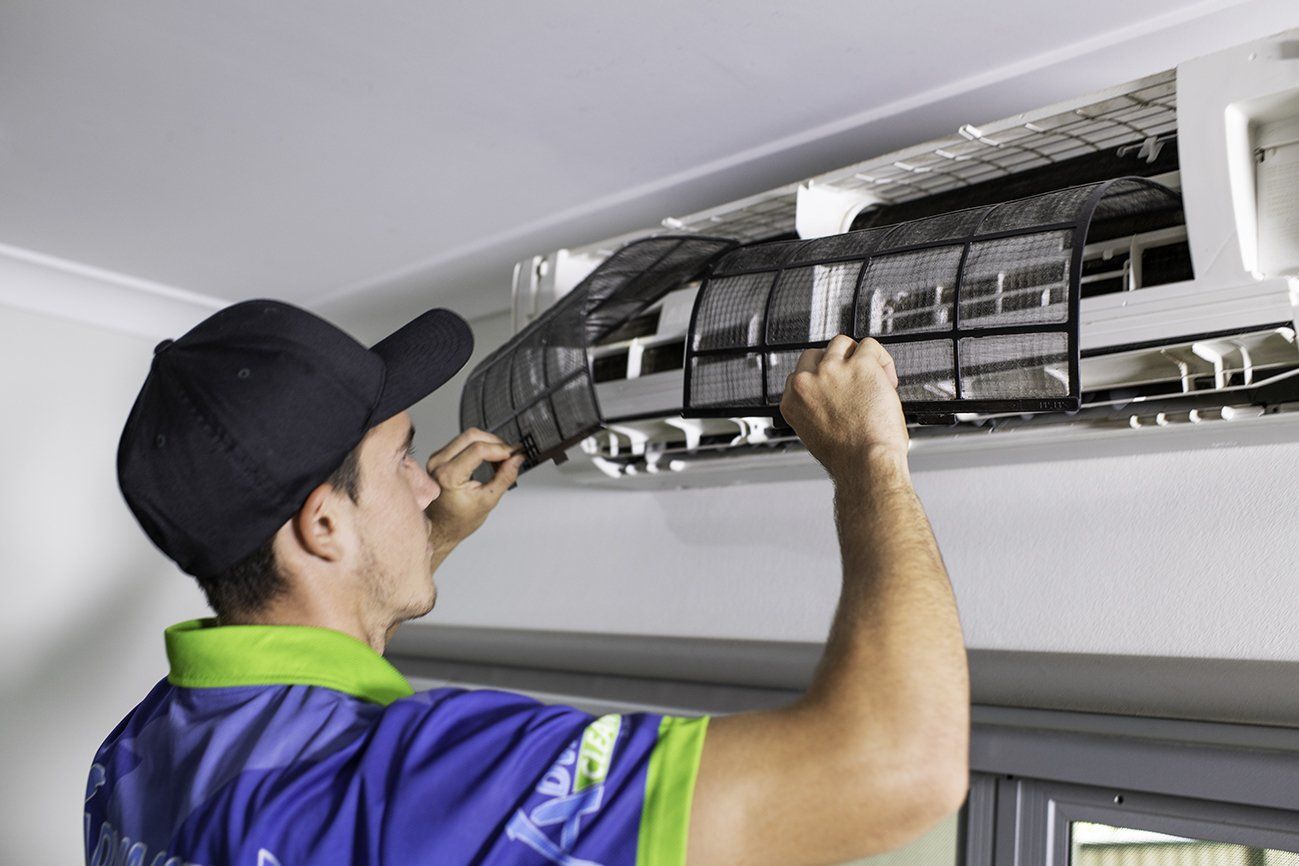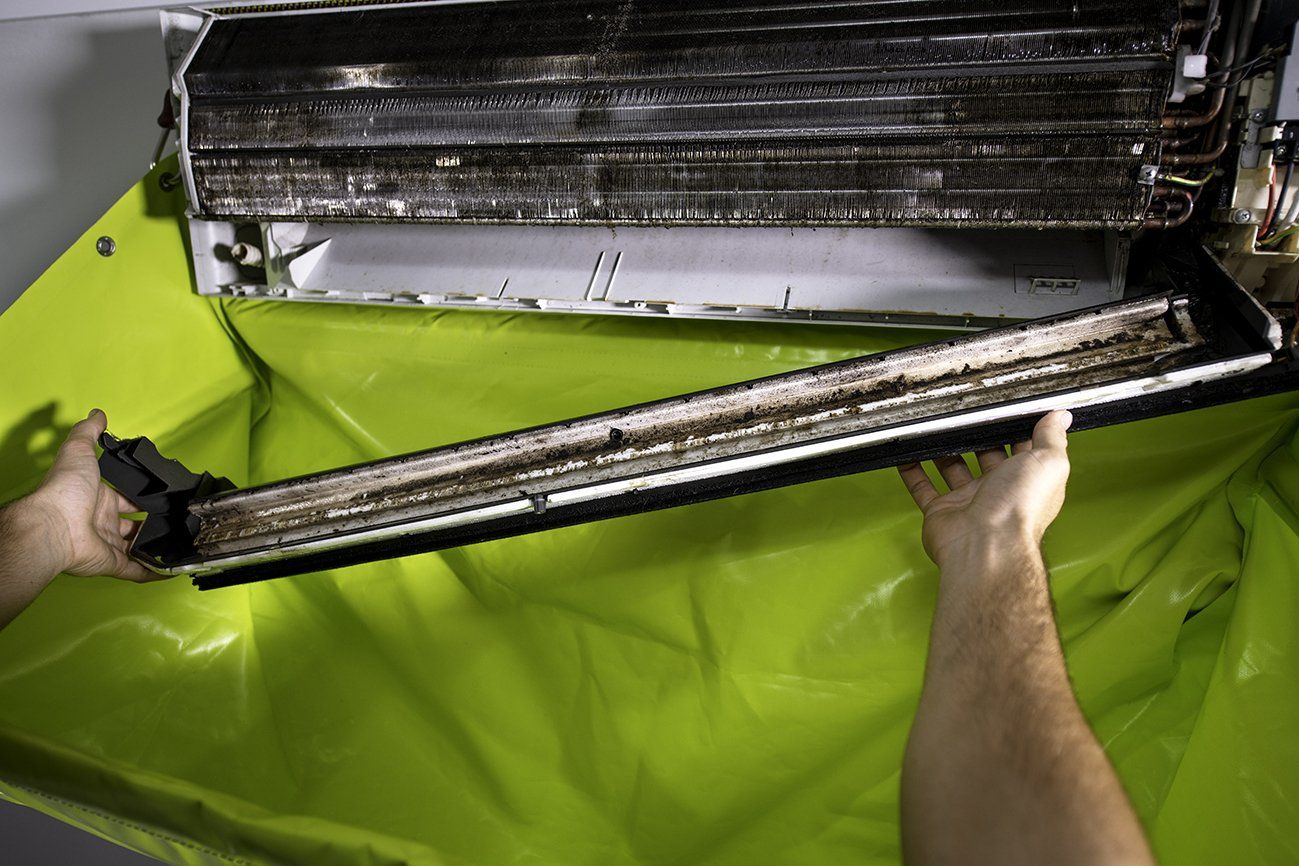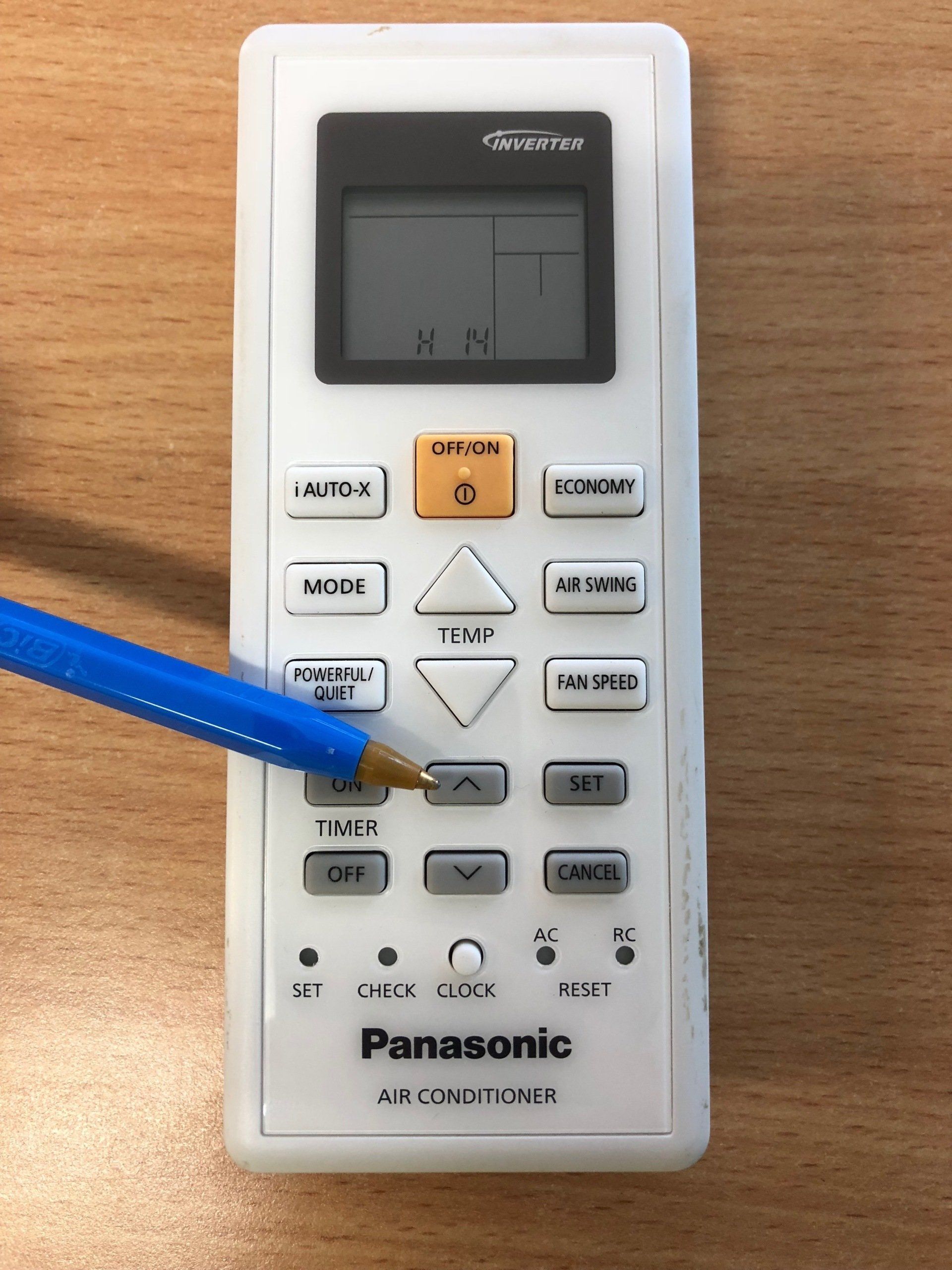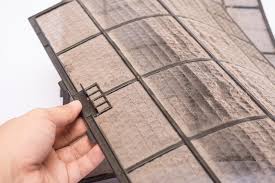Why does my air conditioner smell bad?
June 28, 2019
Firstly, we have to determine the type of smell coming from your air-conditioner. The two most common smells we take questions about here at Advanced Clean Air are –
- Musty or “dirty sock” smell, which is usually caused by mould, mildew and bacteria build up from inside your air conditioner. Additionally, dirty filters can also give off a musty smell.
- A rotten egg smell, which usually means there is a dead animal inside your unit. The most common cause of a rotten egg smell is geckos living inside air conditioners where they often die and begin to decompose. That’s why when you turn on your air conditioner, a horrible odour circulates throughout your home.
If you have a musty smell coming from your air conditioner you likely have one of these problems:
- Mould on your evaporator coils
- Mould on your scroll fan and casing
- A clogged drain/condensate line
So how and why does mould grow inside your air conditioners?
As warm air passes over those cold coils (radiator looking thing underneath your filters), condensation occurs. And if there’s any dirt or dust present it provides the perfect breeding grounds for mould, mildew and bacteria. This gunky mix normally loves the damp drain pans of your air conditioner and can grow over the drain outlet causing your air conditioner to leak.
Signs of a dirty evaporator coil and scroll fan:
- Visible signs of dirt, mould/mildew build-up
- Ice forming on coils
- Weaker than normal air flow
If you smell either of these from your air conditioner contact Advanced Clean Air - The Cleanest Air Anywhere to give your air conditioner our deluxe clean and have it back to “like new” in no time.

